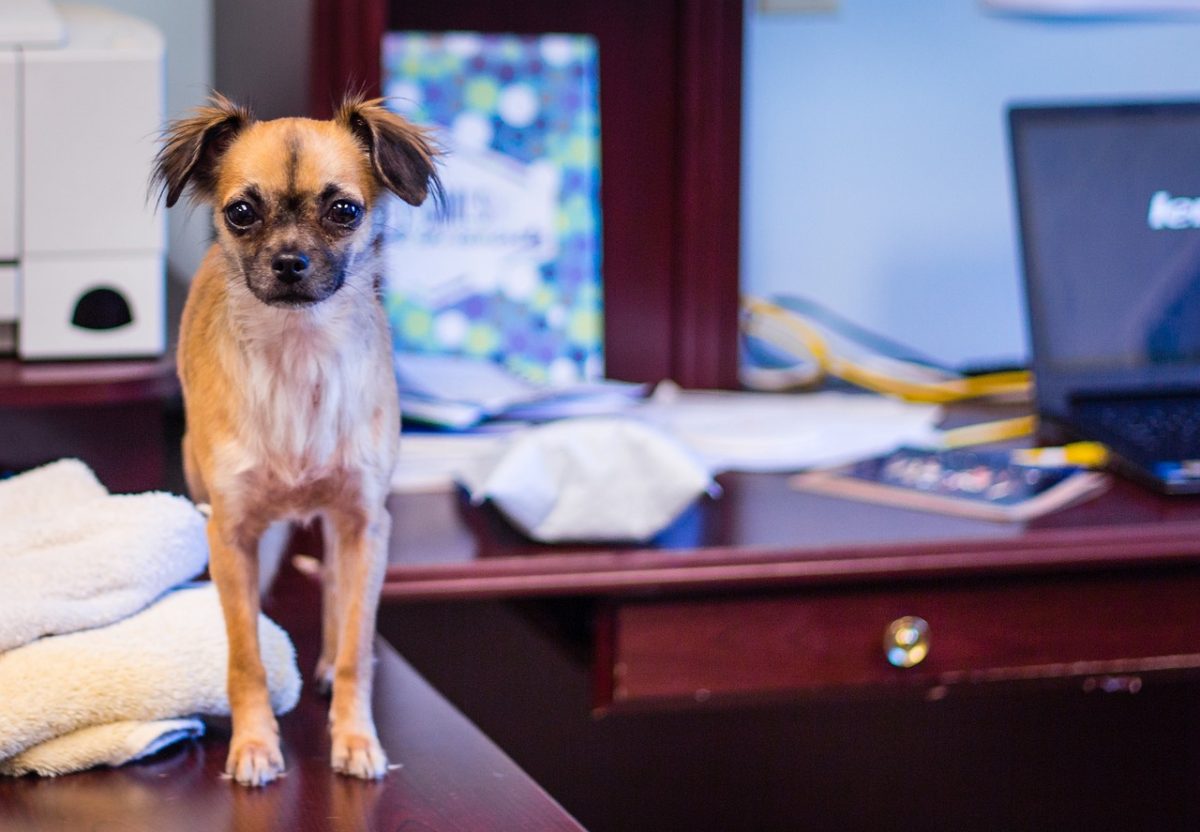
Pet screening is an important part of the tenant screening process. It ensures that you won’t be renting to tenants who have pets that will cause damage to your property or annoy other tenants.
Often, this is done in person by meeting the prospective tenant and their pet. This will give you a better idea of the pet’s behavior and how well it responds to commands.
Background Checks
If you’re a landlord or property manager, you know that the tenant screening process is an important step to ensuring your apartments are rented out safely and quickly. Whether you’re running national criminal background checks, credit reports, or employment histories, you need to make sure your applicants are not hiding any information from you that could jeopardize their future.
If an applicant has a pet, it’s also a good idea to run a pet background check before approving them as a tenant. This way, you can ensure that their pets are not a security risk or a liability for your property.
NHHS recommends that a prospective tenant bring their animal with them to the interview so that you can witness their interactions with the animal and determine if they’re a responsible pet owner. Additionally, you can also ask the tenant to provide written references from their previous landlords attesting to the pet’s behavior and health.
The NHHS has created sample questions that you can use during the pet screening process. These include questions about the type of pet (dog or cat), if the pet is a service animal, and what kind of behavior it displays.
For dogs, it’s especially important to consider if the dog barks excessively or is a potential source of noise complaints from neighbors. You also want to see if the dog responds to basic commands such as sit and stay.
Another thing you can do to help your applicants stand out is include photos of their pets in the application. This is a great way to show your prospective tenants that you love pets and aren’t interested in taking theirs away.

You can include information about their pet’s size, as well. This is important because it helps you gauge the amount of damage that a large pet might cause to your property.
It’s also a good idea to make sure that your pet is up-to-date on all of their vaccinations, as this can help you determine their overall health and ensure that they won’t become sick inside the rental unit.
Health Checks
Bringing your furry friends with you to the big city can be an expensive proposition. Beyond the food, vet bills and grooming, you’ll need to budget for a pet deposit and a pet insurance policy, among other things. A little research can go a long way toward ensuring you get the best apartment for you and your pooch. The good news is that the most discerning property managers are usually happy to discuss your pets with you in a civilized manner.
A health check is no doubt a must for any prospective tenant, but the healthiest pets are often those that have been spayed or neutered. A veterinarian will also be able to tell you the most effective treatments for your dog or cat, which will be crucial when you move in. Some landlords will even allow you to bring in your own veterinarian. The best part about this is that you’ll be able to save some money by using the vet of your choice. Getting this type of medical coverage can be tricky, but it’s well worth the effort.
Behavior Checks
Pet screening is a great way to ensure that your tenants are a good fit for your rental. More and more renters have pets, so it’s essential to screen them to make sure they’re a safe and responsible addition to your property.
Typically, pet screening involves an online application and an in-person meeting. The online application will give you all the information you need about a potential tenant’s pet, including its photo, breed, weight, and other details. This information will help you determine if an in-person interview is necessary.
Some landlords prefer to do the pet screening themselves, but others hire a third party. The main benefit of using a third-party service is that they can provide a standardized pet screening that’s easy to compare against the data from other properties.
A pet screening is a great way to ensure that you’re not renting to an animal that is likely to damage your property or cause problems for other tenants. A detailed screening will give you insight into a tenant’s pet’s past behaviors, habits, and cleanliness so that you can avoid having to deal with any issues down the road.

The most common type of pet that’s screened is dogs. Most apartments will allow dogs of all sizes and types, but a pet evaluation is still common to ensure that the dog has a good temperament and is socialized with other dogs and people.
To get your dog ready for a pet screening, you can take them to a dog daycare or dog park for some socialization and playtime before they meet with the landlord. This will help to calm them down and make it easier for them to respond to commands like “sit” or “stay.”
Another great way to prepare your dog for a pet screening is to brush up on their training skills. This will help them to be more confident and able to respond to basic commands during their in-person meeting with the landlord.
A behavior check is a great way to make sure your tenants are a good fit for your apartment. These checks are typically done by a clinical social worker or psychologist who has experience in behavioral psychology. These professionals can help your tenants build their emotional and social skills by helping them to identify what is causing them to behave the way that they do.
Socialization
Socialization is the process by which people learn to fit into a society’s culture, norms and expectations. It is a major part of human development, and it occurs both in childhood and adulthood.
It is a significant process that involves learning, teaching, and change in an individual’s sense of self (Ochs, 1999). It is the result of social interactions between a person and others in their environment. The agent of socialization can be a parent, teacher, or religious leader.
In the United States, this is largely done at home with parents and caregivers. However, socialization also occurs through other agents, such as peers and the media.
Many apartment complexes put on events that encourage residents to socialize with one another. These can include parties, games, and other activities. These events are a great way for neighbors to get to know each other and make new friends!

The socialization process can also be a difficult one for some people. This is especially true for those who have experienced some type of trauma, such as abuse, violence or mental illness.
For example, a child who has been raised by an abusive parent may feel like she cannot trust anyone else. This can lead to negative behaviors, such as bullying or sexism.
A child who is raised in a safe, nurturing environment may be less likely to have behavioral problems. This can be attributed to the fact that they have a better chance of forming positive relationships with other adults and children in their life.
Another important component of socialization is moral development, which is the ability to decide what is right and wrong based on a group’s values. This is an important part of a person’s self-image and can help prevent them from making bad decisions.
In addition to being an essential part of the human experience, socialization is also important for ensuring the stability of a society writ large. It helps to maintain a social order and ensures that people will continue to reproduce.

